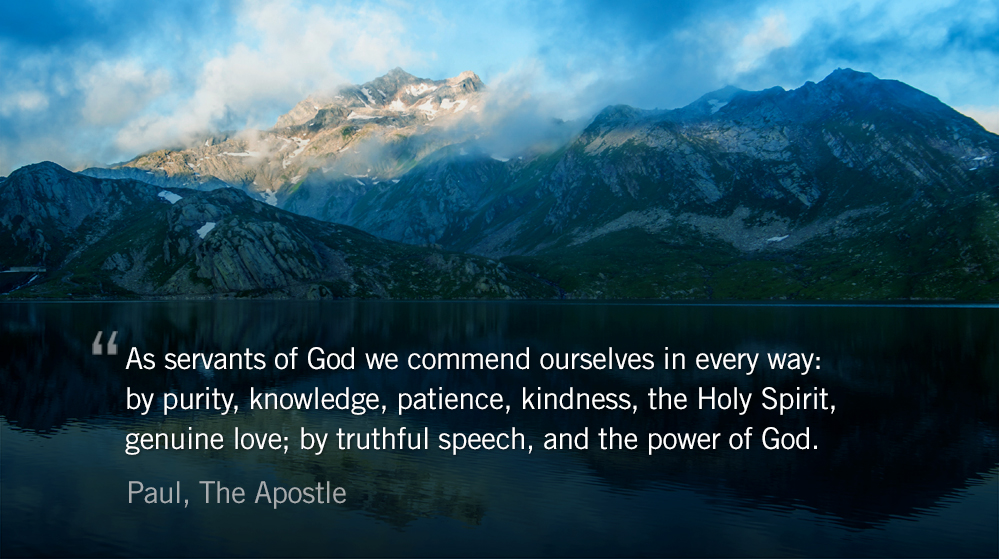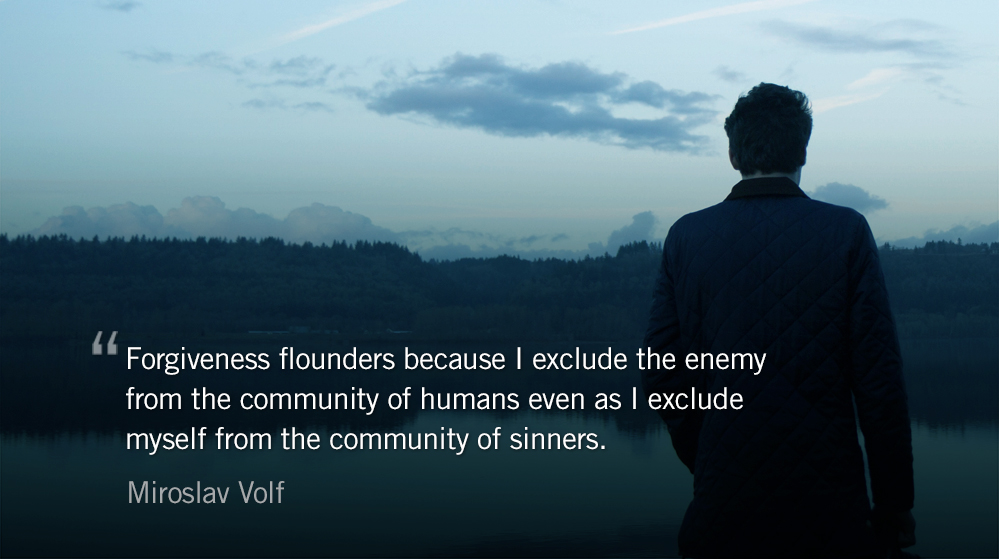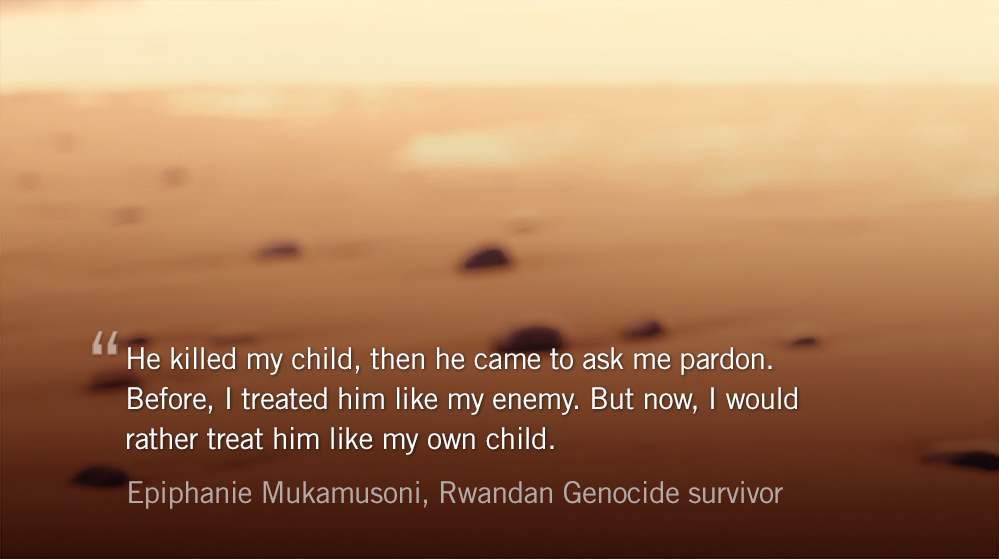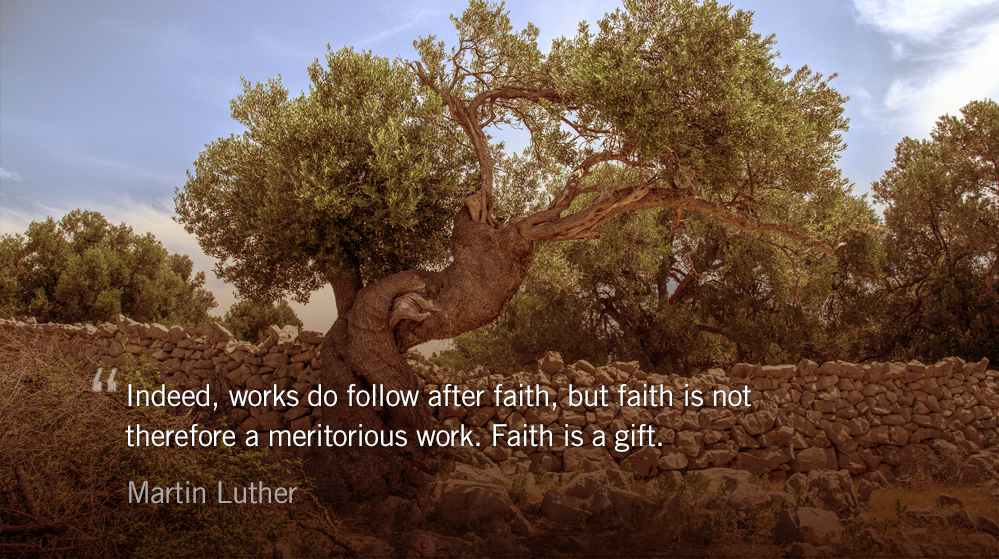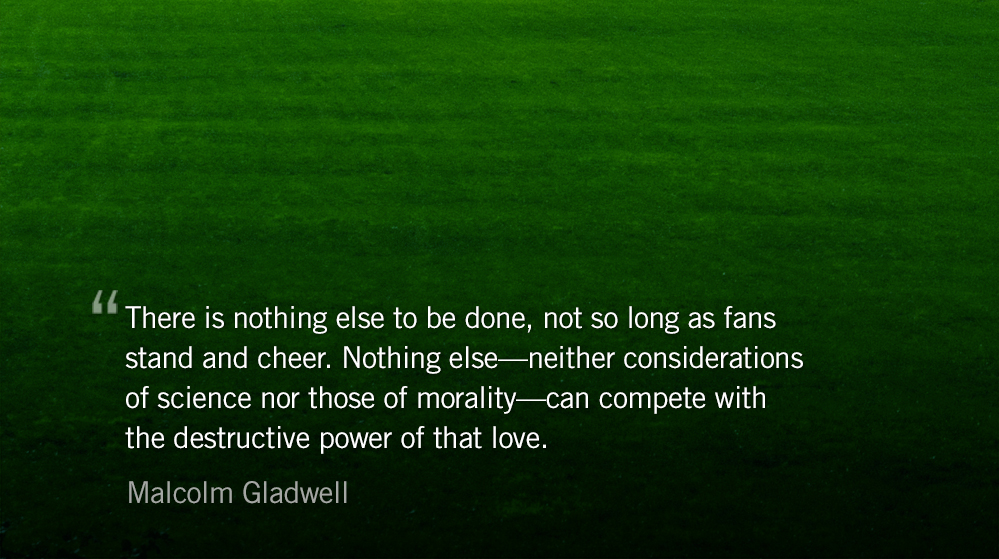2 Corinthians 6.2
Behold, now is the favorable time; behold, now is the day of salvation.
By Charles Haddon Spurgeon
God’s servants are called to take many different positions. They are ambassadors under one aspect; they are workers under another. As ambassadors, they are ambassadors for Christ; as workers, they are workers together with God.
Oh, how much it costs to win a soul! I mean, not only how much it cost the Savior, so that he broke his very heart over it, and poured out his life’s blood; but also how much it must cost the messenger of peace! He must know how to ask fervently and beg earnestly; and when even this fails, he must still go on toiling, laboring, as a worker together with God.
As servants of God we commend ourselves in every way: by great endurance, in afflictions, hardships, calamities, beatings, imprisonments, riots, labors, sleepless nights, hunger; by purity, knowledge, patience, kindness, the Holy Spirit, genuine love; by truthful speech, and the power of God; with the weapons of righteousness for the right hand and for the left; through honor and dishonor, through slander and praise.We are treated as impostors, and yet are true; as unknown, and yet well known; as dying, and behold, we live; as punished, and yet not killed; as sorrowful, yet always rejoicing; as poor, yet making many rich; as having nothing, yet possessing everything. — The Apostle Paul
All these things Paul and his brethren were to be and to do in order to win souls for Christ. Just as the hunters in the cold North seek after furs, and try all sorts of plans to catch the wild creatures on which they grow.
They will trap them, or snare them, or shoot them; but, somehow or other, they will get them. They will be on the alert all day, and all night, too. They will learn the habits of every creature they have to deal with, but they will get the furs somehow. And so must the true minister of Christ be willing to be anything, to do anything, to suffer anything, to bear reproach and shame, to be nothing, or to be all things to all men, if by any means he may save some.
*Excerpted, and language updated, from Christ’s Sympathy with His People, delivered May 26, 1904.

